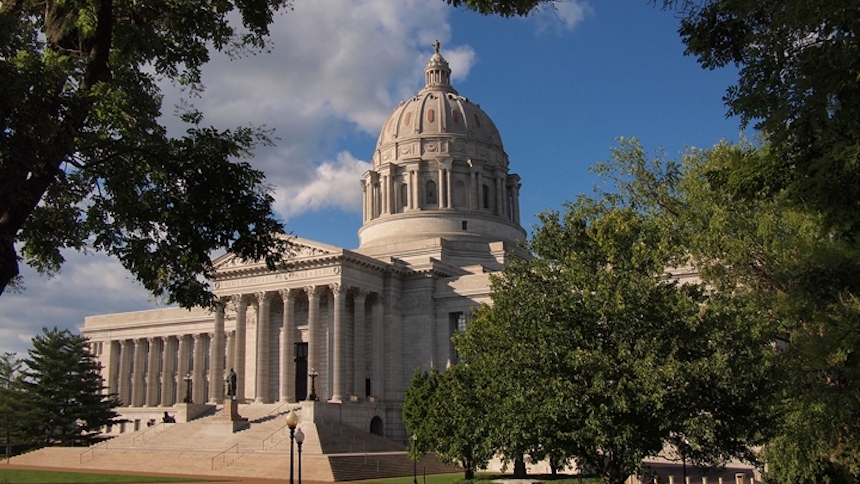Missouri Legislature prioritizes business-community policies and funding efforts during the 2023 legislative session

The 102nd Missouri General Assembly wrapped up the 2023 regular legislative session on Friday, May 12. Session began in early January, and after the five months’ work, lawmakers sent 62 bills, including the Fiscal Year 2024 budget, to Governor Parson for final approval. The FY24 budget approved by the legislature totaled approximately $50 billion and includes several key priorities for the Southwest Missouri region. The Missouri Legislature also passed several key priorities that will positively benefit the statewide business community as well as the Southwest Missouri region.
The passage of these priorities would not have been possible without the work of our strong regional delegation in Jefferson City, including Senators Curtis Trent (20), Sandy Crawford (28), Lincoln Hough (30), and Karla Eslinger (33) and Representatives John Black (129), Bishop Davidson (130), Bill Owen (131), Crystal Quade (132), Melanie Stinnett (133), Alex Riley (134), Betsy Fogle (135), Stephanie Hein (136), Darin Chappell (137), Bob Titus (139),and Jamie Gragg (140). Governor Parson and his team have also played an important role in consistently prioritizing the needs of the business community by enhancing efforts around workforce development and transportation infrastructure.
Within the Fiscal Year 2024 budget, there were several funding investments relevant to the Springfield community, including education, workforce development, capital projects, support for area organizations, and more. However, the Governor has line-item veto power, which means Governor Parson can delete specific funding allocations within the budget while not vetoing the entire bill. The new fiscal year will begin on July 1, 2024. A few key items include:
- $28M for I-44 road improvements and $20M for an I-44 environmental study
- 7% core increase for all public colleges and universities, including Missouri State University and Ozarks Technical Community College
- $4.7M for the Fast Track Workforce Incentive Grant
- $3M for apprenticeship programs
- $3.6B to fully-fund the K-12 public education foundation formula
- $82M in early childhood and childcare investments
- $17.5M for new job training through Missouri One Start
- $23.5M for the Missouri Technology Corporation
- Several robust funding appropriations for Southwest Missouri organizations, projects and initiatives
On the policy side, several bills await Governor Parson’s signature, which include grants to help upskill employees, apprenticeship and intern tax credits, expanding the Hand-Up Pilot Program to address the childcare subsidy cliff effect, an all-age texting and driving ban, and investments in mental health and Pre-K initiatives.
Throughout the session, volunteer leaders spent time in the State Capitol advocating for the Chamber’s legislative priorities, including the importance of workforce development investment, transportation infrastructure, economic development tools and programs, K-12 and higher education funding, addressing workforce barriers, and much more. The Chamber appreciates the work and commitment of our members who take time in Jefferson City to advocate for policies that have a real-world impact on their organizations and workforce.

